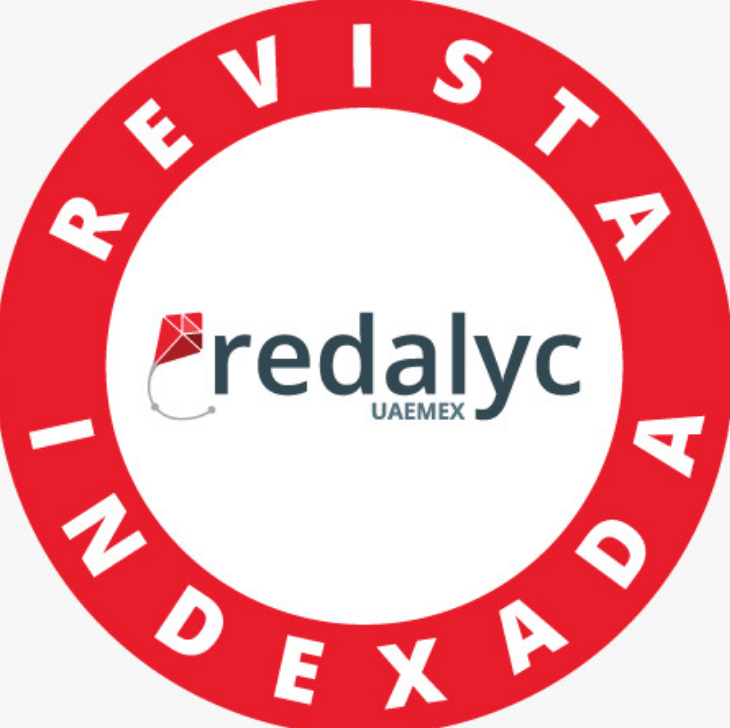The policy of science, technology and innovation and the return of the state: 2007- 2010, years of instability
Keywords:
scientific technology policy, science, technology and innovation policy, postneoliberalismAbstract
This article analyzes the implementation process of the Ecuadorian science, technology and innovation policy (PCTI) within the framework of the beginning of the post-neoliberal period, which implied the strengthening of the State and the insertion of the paradigm of buen vivir. For this purpose, the novel elements in the definition of this policy under the framework of buen vivir are described as an introductory note. Then, the complex construction process of the explicit PCTI during these years is reviewed. Finally, the instruments implemented and their relationship with the definition of PCTI are analyzed. To this end, the concepts of explicit scientific policy and implicit scientific policy of Herrera [1] and the notion of scientific-technological paradigm of Velho
[2] are used. The chosen approach is framed in the new institutionalism that understands the definition and implementation of the PCTI as the result of the strategic game of the actors involved in these processes. This case study uses investigation of historical archives, documentary analysis and indepth interviews with relevant actors. It is found that the PCTI during these years was unstable, as there were several short-term policy documents, and that its implementation was far from the ambitious rhetoric and the major objectives, limited to two instruments: international postgraduate scholarships and financing of research and development projects.
Downloads
Downloads
Published
Issue
Section
License
Copyright Notice
Authors who publish this journal agree to the following terms:
- Authors retain copyright and grant the journal right of first publication with the work simultaneously licensed under a Creative Commons Attribution-Non-Commercial-Share-Alike 4.0 International 4.0 that allows others to share the work with an acknowledgement of the work's authorship and initial publication in this journal.
- Authors are able to enter into separate, additional contractual arrangements for the non-exclusive distribution of the journal's published version of the work (e.g., post it to an institutional repository or publish it in a book), with an acknowledgement of its initial publication in this journal.
- Authors are permitted and encouraged to post their work online (e.g., in institutional repositories or on their website) prior to and during the submission process, as it can lead to productive exchanges, as well as earlier and greater citation of published work.
Disclaimer
LAJC in no event shall be liable for any direct, indirect, incidental, punitive, or consequential copyright infringement claims related to articles that have been submitted for evaluation, or published in any issue of this journal. Find out more in our Disclaimer Notice.











